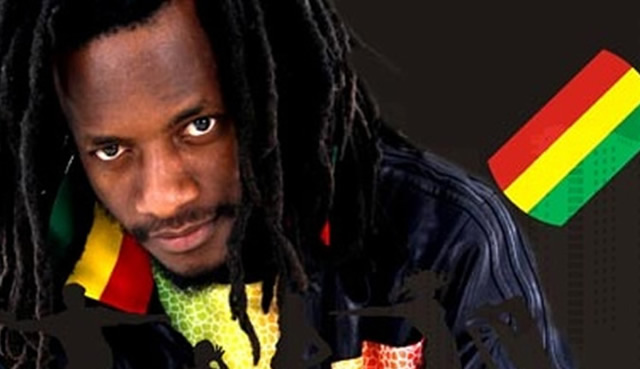Will Zim dancehall stand the test of time?

Yeukai Karengezeka Entertainment Reporter
Zimbabwean dancehall music might be an emerging genre but it has indisputably become a force to reckon with in entertainment circles.
This “ghetto gospel” has cut across age groups and backgrounds, overtaking other popular genres.
Top chanters like Guspy Warrior, Freeman, Shinsoman and Dadza D have become household names in the genre, while upcoming artistes like Killer T are making inroads in the same line.
The recent King and Queen of Dancehall contest that drew Jamaican star Turbulence serves to confirm the notion that Zim dancehall is making strides in the market.
Many promoters are hosting dancehall artistes due to their rising popularity and on Friday an array of artistes converge at Harare Gardens for a “Dancehall Shutdown” gig.
The question on critics’ minds then becomes “Is Zim dancehall a passing tide or it is here to stay?”
Although Zim dancehall is popular, a close look at its content reveals that the music leaves a lot to be desired.
Most of the songs have lyrics that reflect the beef that exists between the dancehall camps.
For example, Mbare chanter Seh Calaz did a song that directly hits back at Winky D’s song “Mafira Kureva”.
Seh Calaz accuses Winky D of being a hypocrite and demands to meet him so that he can expose his hypocrisy.
Lady B’s songs were barred from air because of explicit lyrics, but amazingly she has a huge following that made her tour United Kingdom twice so far.
Man of the moment Killer T has a track titled “Kundiso yaJehovah” that appears to be a gospel song, yet the title does not tally with the content.
He sings about how he is beaten by police officers while walking with his girlfriend because he did not have money to bribe them.
So what is this music portraying and promoting in the society?
In most cases, dancehall followers have reckless behaviour they expose at the gigs and the shows often turn violent.
The gig which was held at Gwanzura Stadium in October was rocked by violence as fans threw objects on stage when Freeman was performing, causing him to leave the stage prematurely.
Despite these flaws in dancehall circles, artistes that spoke to The Herald Entertainment expressed hope the genre will have a longer lifespan.
One ghetto musician, Proda, said: “Most of us youth love dancehall because the songs are for fun. A song like ‘Seunononga’ calls for stylish dances and the thrust is not about the meaning of the lyrics.”
Another dancehall artiste, Godfatha Templeman, believes that dancehall still has a lot of potential.
“We haven’t started ruling yet, next year it will be bigger and better.
“Many companies are getting interested in dancehall music and it is a good sign for us. Many dancehall artistes have toured the UK this year,” he said.
A few years back when the local content policy was introduced, urban grooves musicians dominated the industry but the genre could not stand the test of time.
It remains to be seen if Zim dancehall is here to stay.








Comments